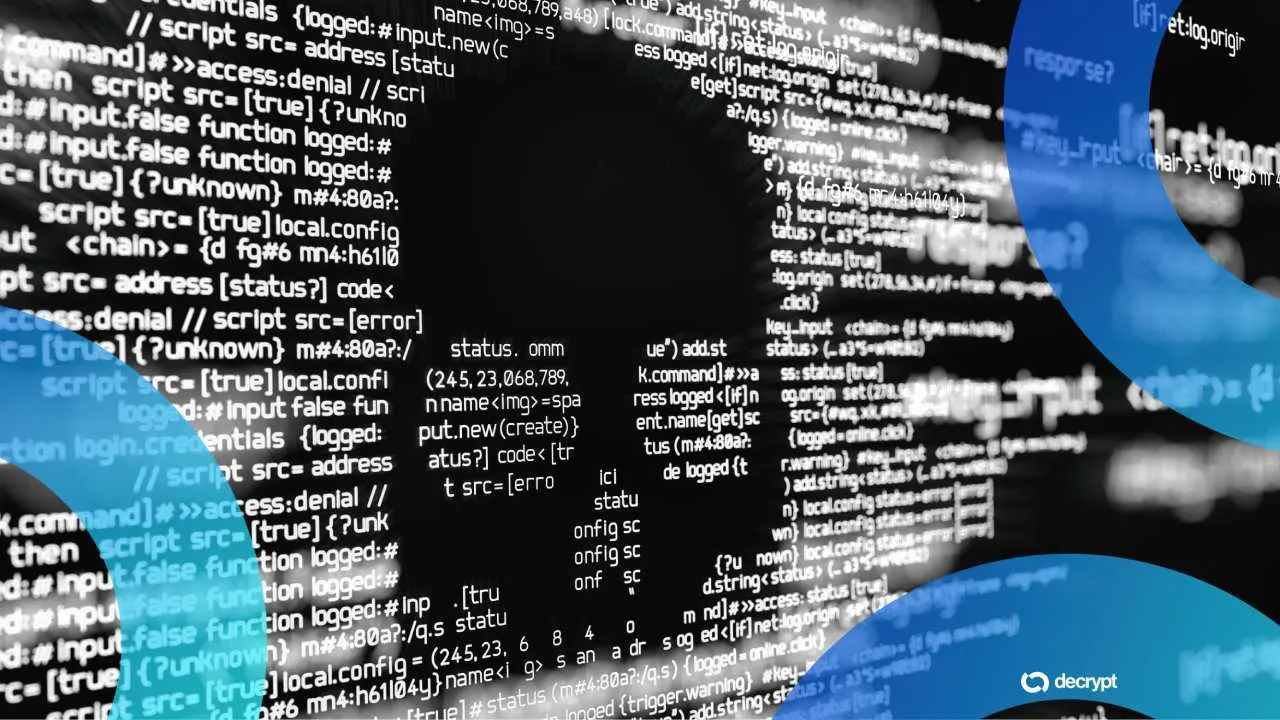Anything Facebook’s Libra can do, Celo wants to do better.
Last week, crypto startup and Libra competitor Celo unveiled its software development kit (SDK), which allows developers to build mobile-based decentralized finance (DeFi) apps on its protocol. This gives developers the tools aimed at building a more inclusive and decentralized monetary system with the full-stack Celo platform.
And while Libra similarly offers a full-stack approach to building blockchain-based financial tools, Celo executives say the comparisons between Celo's algorithmic stablecoin platform and Libra’s centrally issued fiat-backed digital currency should end there.
“We think that Facebook’s interest in this space is a very positive sign and all efforts to reach the 1.7 billion unbanked adults should be welcomed,” Celo’s Community Lead Vanessa Slavich told Decrypt in an interview. She explained, however, that there are several key differences between Libra and Celo, namely in their governance models. Celo, she said, is permissionless and decentralized, whereas Libra is not.

Facebook’s Libra offers up to $10,000 to bug bounty hunters
Facebook’s Libra Association announced yesterday the launch of its public bug bounty program. The details, outlined in a blog post, said the program is designed to “strengthen the security of the blockchain” before Libra’s projected launch sometime next year. The program will be hosted on popular bug bounty platform HackerOne, and “enables developers to submit bugs and alert the association to security and privacy issues and vulnerabilities to help ensure a scalable, reliable, and secure launch....
But on top of that, Celo isn’t hindered by the “substantial pressure” Facebook and its partners involved with Libra are currently facing from regulators and government bodies around the world, Slavich said.
Backed by a $30 million investment from VC firm Polychain Capital and the crypto wing of Andreessen Horowitz, Celo is the company behind a new proof-of-stake blockchain by the same name. The company’s technology uses a phone number based identity system with address-based encryption. Celo's stablecoins are stable value currencies, implemented by an algorithmic reserve-backed stabilization mechanism.
The company’s Celo Gold and Celo Dollar tokens are pegged to the U.S. dollar and backed by a collateral of digital assets. But like Facebook’s Libra, it too aims to create a more inclusive, global financial system—a way to “bank the unbanked.”
This release of Celo’s SDK for Ethereum developers comes just weeks after launching their prototype Alfajores Testnet platform and Android wallet, along with open sourcing their codebase and design after two years of development. The first developer libraries on Celo’s platform are meant to enable interaction with Celo smart contracts and assets, as well as tools to build new financial dapps that connect to the Celo wallet and leverage the Celo platform.
The use cases for Celo, according to the company, include peer-to-peer lending, micro loans, micro insurance, social payments and savings applications that can be built with the goal of creating an open and inclusive financial system.
Celo says it has conducted over 150 user interviews and run pilot programs of their wallet application in Colombia, Argentina, Kenya and Tanzania allowing users and merchants to transact cryptocurrency payments using mobile phones.
“We’ve seen a positive response from communities inside and outside crypto, particularly with people who are aligned to our mission and interested in building dapps optimized for mobile experiences,” Slavich said. “Polychain is now in the process of reviewing Ecosystem Fund applications and we’re screening candidates for both our fellowship program and to join the C Labs team. We are also building out tools for people to make Celo their own.”
The startup is encouraging community participation to help provide feedback for new features, improvements, and bug fixes. Some of the highlights of their active development include an iPhone wallet app, security audits, bug bounty program, and privacy enhancements.
Slavich said Celo is currently working on an “updated SDK and launching an interactive game to test some of the protocol properties and infrastructure this fall,” with the network going live shortly thereafter.




